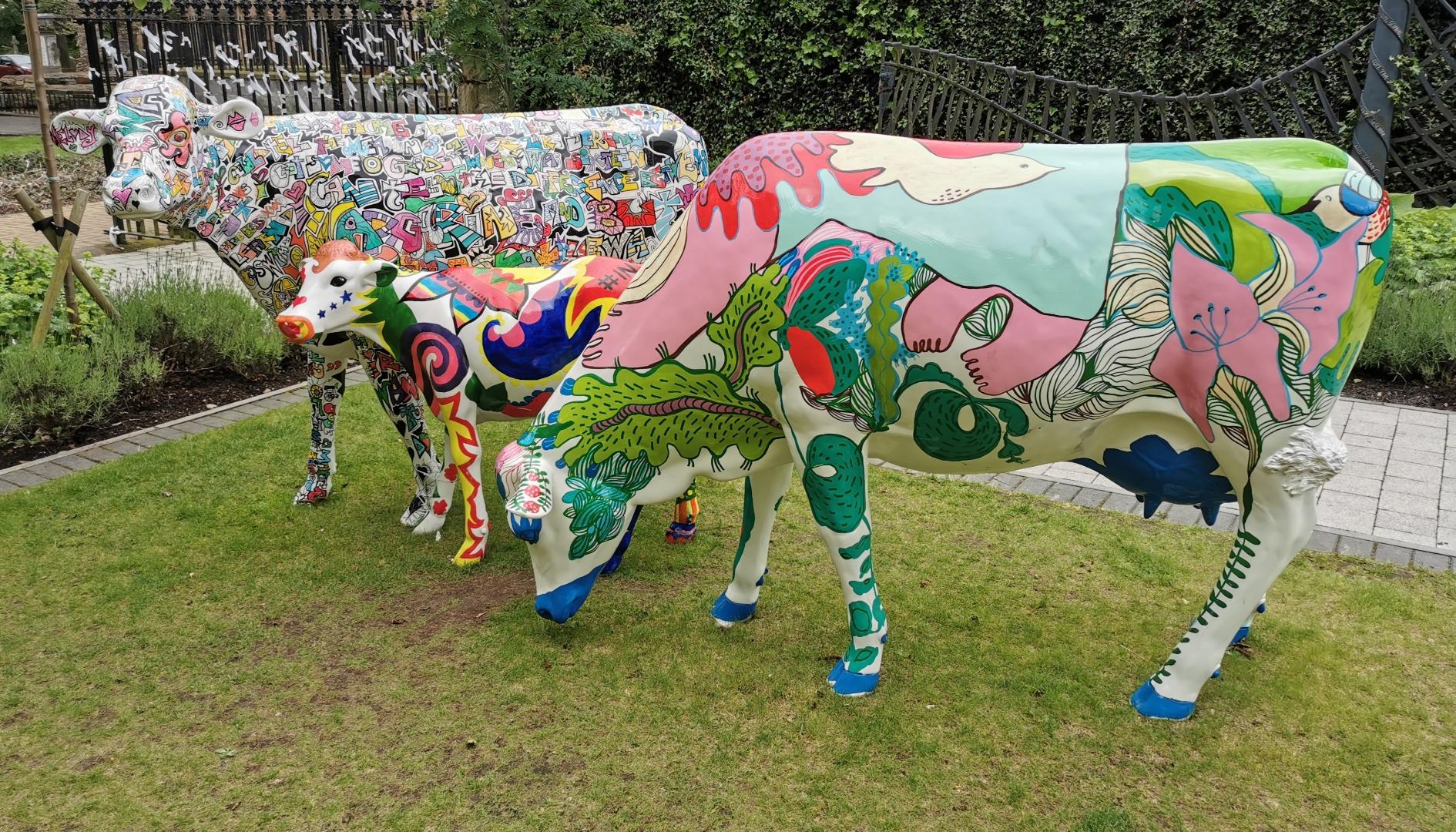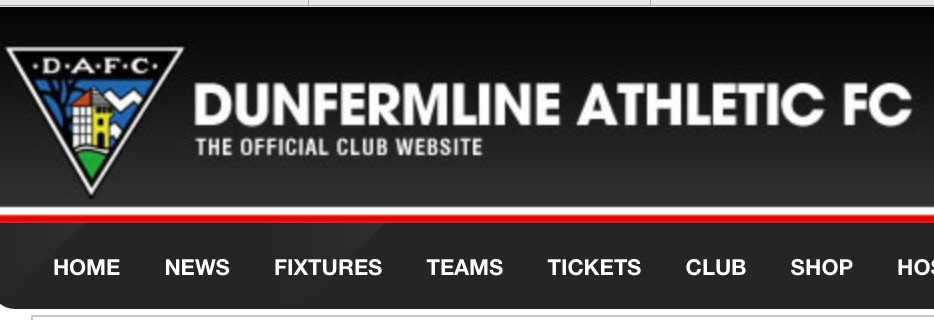Why Are Dunfermline Athletic Known As `The Pars`
Date: Sunday, 1st Sep 2002There are many theories as to the origin of this famous nickname "The Pars". Here we explore a few of the possibilities: we`ll leave it up to you to decide which is the most plausible!
The majority of present day supporters consider the name Pars to be a derivative of the shout "Paralytics" which has been the cry from the terracings during the all to often spells of indifferent form. Others have suggested that Athletic were a very physical team and "paralysed" their opponents by virtue of their rough play.
No matter which may be the correct reason for the Pars, each theory has its exponents who are convinced that theirs is right. Few seem to agree and some solutions sound decidedly fishy - like the suggestion that the team were named after young salmon - parr- which have black and white stripes. What is clear though is that the nickname has borne the test of time and vastly changing fortunes.
Ally Cook
submitted this - According to John Hunter`s "Centenary History" of the club, the nickname Pars originates from 1912, when Dunfermline Athletic were first admitted to the Scottish League. It is believed to refer to the fact that they had become equal to, or ON PAR with, the best in the land.
Dale Kidd, Nova Scotia, Canada. submitted his theory- The nickname `Pars` originated in the late `50s when Dunfermline Athletic was having a horrendous season - in other words they couldn`t win to save themselves. One comedian in the stands had enough of the pathetic play that he compared the team`s performance to that of paralytic drunks. The word Paralytics resembled Athletics, so the Dunfermline Paralytics became the name coined to identify the team by frustrated fans. It was later shortened to the Pars, and it has stuck.
I was lucky to see them in the `60s when they were anything but paralytic.
George Penman wrote - The name came from PARALYTIC as in the early days some of the players were a wee bit pie eyed when playing as they were gathered from local inns and hostelries.
Gordon Crichton, Melbourne, Australia wrote - I have to agree with earlier submitions. My earliest recall was that they were facing relegation in the late 50`s and were described as paralytic (drunks). All that changed of course with Jock Stein and the 1961 Cup Final.
How many baby boomers remember the euphoria of that occasion, the Scottish Daily Express chequered bunnets and Eddie Connachan`s heroic defence?
Jamie A Miller submitted this - I was on holiday this weekend in a country lodge in Pitlochry. On the wall dating back to before the 1930`s was a map called "FIFE AE PARS OCCIDENNIAL" with the translation underneath "The West Part Of Fife" .
I thought it was Latin but I took it out the original frame (hope no one checks) and the writing on the back looked Dutch to me. I know a little Norwegian so it wasn`t that I think it was Dutch. It struck me as odd that the word Pars next to West Fife was there?? Maybe we were once known as Fife Pars occidennials team from West Fife??? What does anyone think? Could I have stumbled across something or does anyone know different??
Stephen (Fred) Forker submitted - I am the proud owner of "Simply The Best" Dunfermline Athletic Greats. The book wrote by John Lloyd , A Xmas present from Home. In there it gives several reasons for the name PARS being applied to the best team north of the border. The One the author seems to have plugged for one in particular. Apparently the sailors & ship workers from Plymouth who have visited Rosyth over the many years used to visit Eastend on their Weekends off. It would seem they used to display a Banner "Plymouth Argyle Rosyth Supporters" and maybe this is where we have picked up the name from.
views: 14,728






